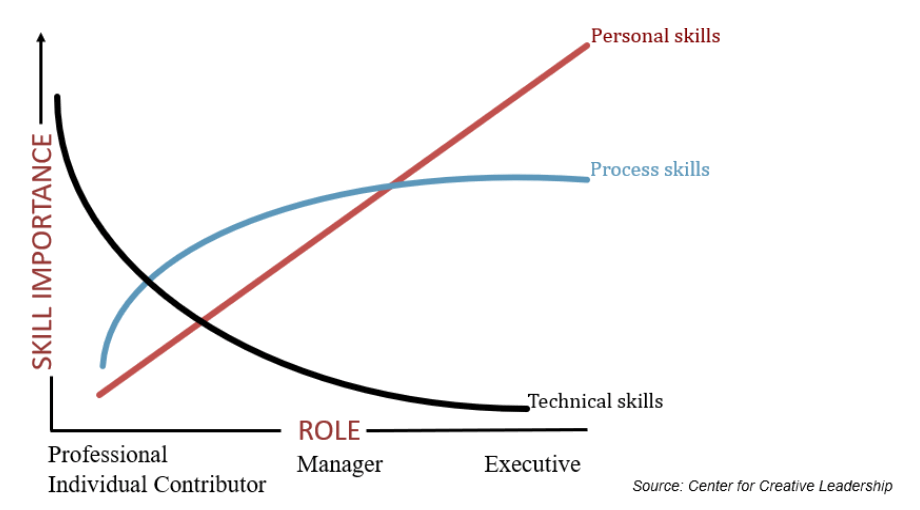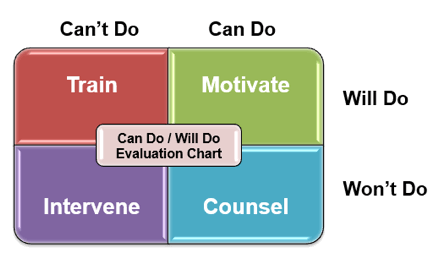After reading Jesse Sostrin’s 2017 Harvard Business Review article called, ‘To Be a Great Leader, You Have to Learn How to Delegate Well’, I was compelled to share some first-hand experiences in delegating. After 30 years in organizational leadership roles including a decade of professional coaching and mentoring leaders, I can vouch that delegation is one of the most second-guessed management activities. Very few people claim to be experts and most want to get better at it. I know I wish I had been better at it when I began my leadership career!
Sostrin wrote that one of the most difficult transitions for leaders to make is the shift from doing to leading. As a new manager you can often get away with holding on to work. Peers and bosses may even admire your willingness to keep “rolling up your sleeves” to make things happen. But as leadership responsibilities become more complex, the difference between an effective leader and a super-sized individual contributor with a leader’s title, is often glaringly evident. As we build mastery in our professional or technical competencies and either express the potential or desire, to advance in leadership roles, we need to transition into trusting others ‘to do’ while we lead using new skills with process and personal skills.

The complexities come from needing to integrate processes and personal skills into your competency repertoire, beyond being good at technical or professional skills. Process skills include; performance management, leading communications and meetings, change management, rewards management, feedback and yes, delegation. Highly honed personal skills for executives or ownership roles such as; strategic thinking, negotiation, and advanced communication skills to speak charismatically about corporate mission, vision and corporate values. All of these will take a backseat to doing familiar technical work unless delegation is working well.
A few years ago, a strategic partner introduced me to the ‘First, Break all the Rules’ by Gallup’s, Buckingham and Coffman. They conducted in-depth interviews with more than 80,000 managers at all levels (in companies of all sizes). Their work revealed what great managers do differently from ordinary managers to inspire world class performance in their teams. What follows is the synthesis of what great managers do to ‘break all the rules’ and leverage conventional wisdom in mature leadership practices, specifically, delegation.

First, they select the right people that ‘can do’ and ‘will do’ the job
Then, they navigate through the following methodology that touches on setting expectations regarding context, clarity, conditions, commitment for the work delegated.
Set the Expectations
Explain the reason for the assignment. When people understand the ‘why’ behind it, they can understand the work is meaningful. Meaningful work often rates as the primary reason why people feel engaged and perform accordingly. More importantly, research suggests that engaged employees contribute at least 50% more than those not engaged.
Describe how it fits into the bigger picture. This also helps people understand how every step during the process can ultimately lead to important outcomes. Even correcting typos on a website or proposal can make an important contribution to an organizations image.
Explain how the delegatee was chosen. They often want to know if tasks are given to help them develop or maybe contribute uniquely as part of the team which has varied competencies. When they don’t know why, human nature navigates us towards suspicions such as maybe they were selected to be picked on or the delegator was just having a bad day!
Provide Clarity
- Express of the quantity of results required ($,%, widget #’s)
- Describe the results expected in terms of quality demanded
- Be very clear on timelines
- Ensure what resources are available and outline it in detail ($ budget, information, materials, people, other)
Outline the Conditions
- Process requirements – what systems, people, checkpoints need to be touched on during the completion of the assignment Ex. quality assurance, safety, end-user training, project costing …
- Available latitude in decision making and freedom of control must be agreed to in advance
- Monitoring and report back (check up) details are most effective when set up early. When this aspect is discussed it can eliminate the leader’s tendencies to either over meddle or ignore, both of which can harm trust. When this is done well it can ensure the right amount of oversight is applied so the delegator can pay attention to many projects at once leading to significantly leveraged productivity.
Cultivate Commitment
Finally, it is important to consider other factors that may impact the motivation and sense of empowerment of the delegatee. This could include a sensitivity to individual personality profiles, communication style preferences, stages in career development, career objectives, organizational &/or team culture and so much more.
Valuable Insight…
People leaders must practice the art and science of delegation and make it a strong personal competency. As they assume expanded leadership roles, they will be compelled to delegate more often and strive to do it right the first time, therefore spending less time and money on needless fixes. In the busy life of a leader, it is essential to… Delegate or Drown.




